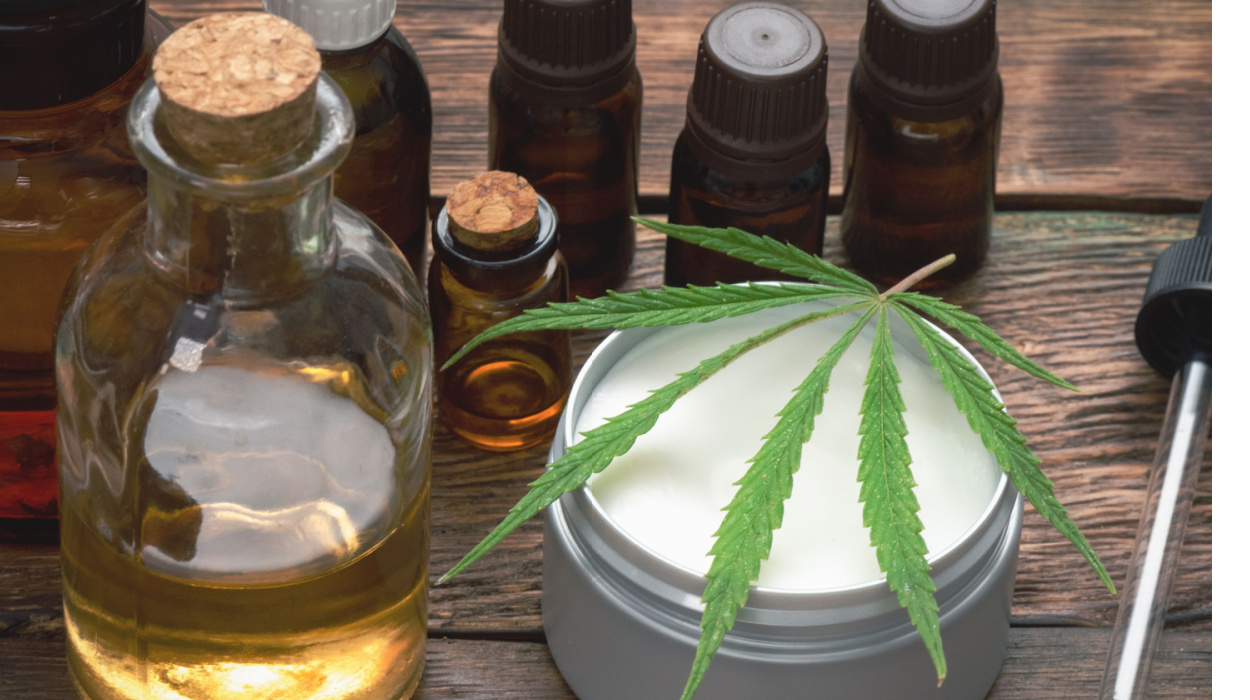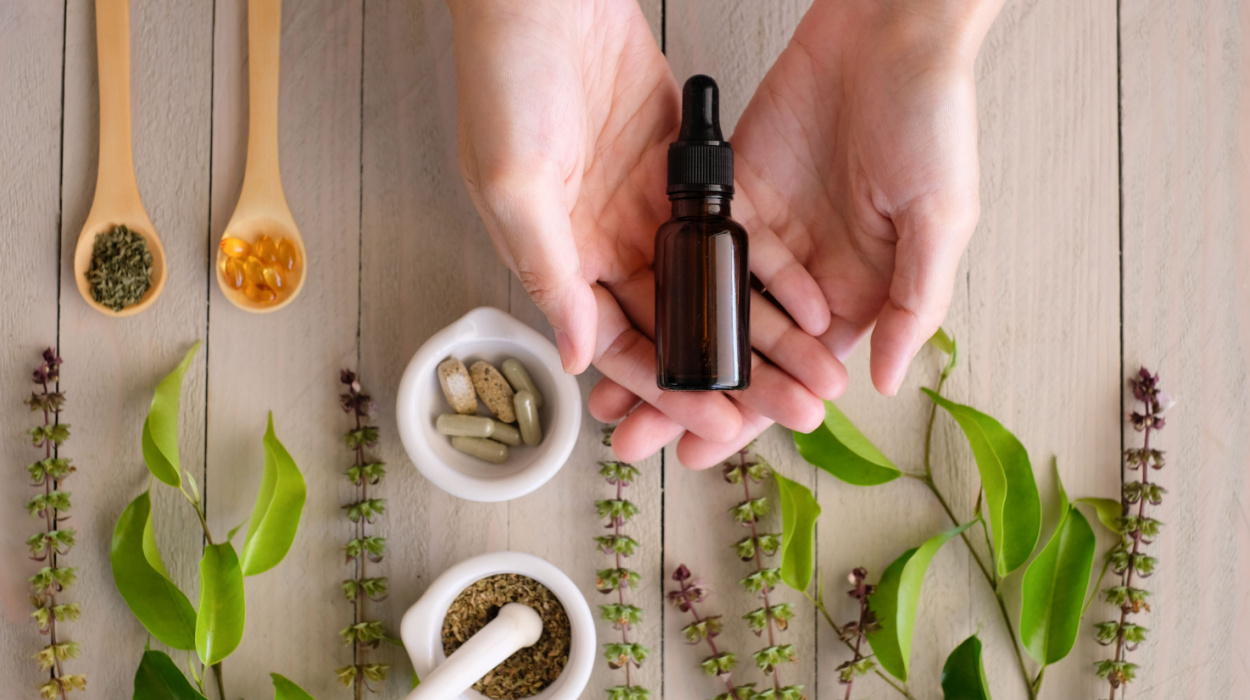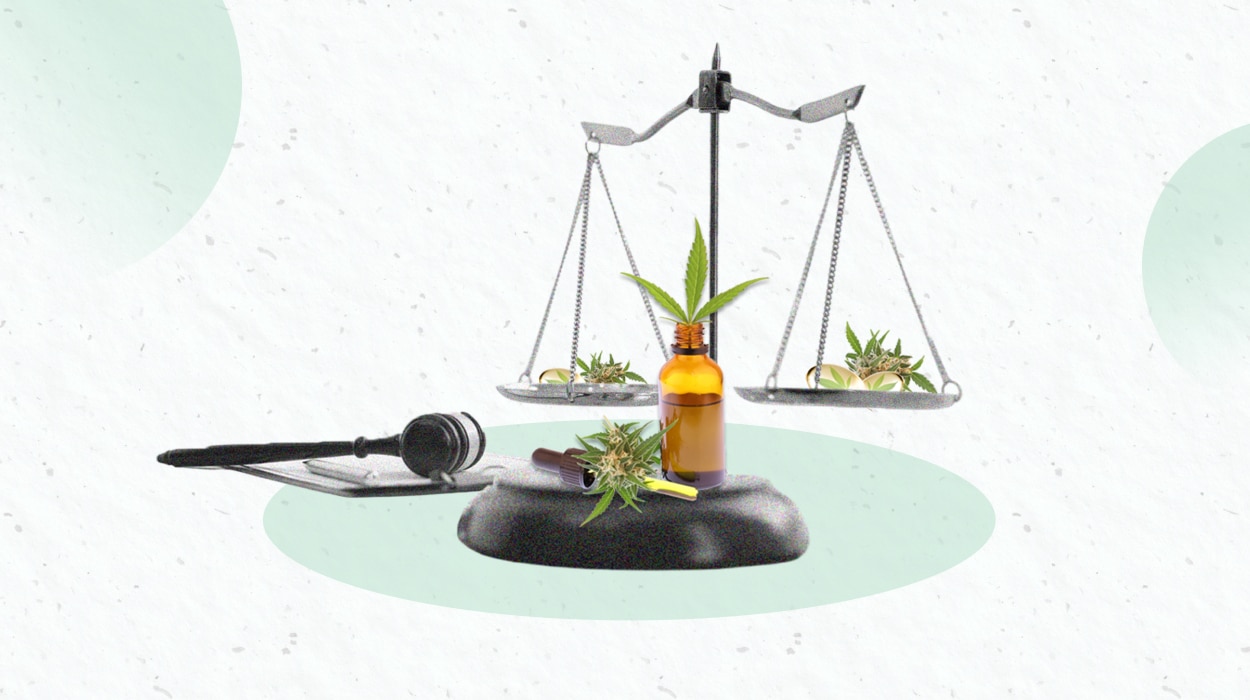Recently, CBD (cannabidiol) has gained popularity as a natural remedy for various health issues, such as anxiety, pain, and inflammation. Extracted from the cannabis plant, it provides many of the same benefits as medical marijuana without the psychoactive effects. Despite the 2018 farm bill changing the federal legal status of hemp products, many states across the Union still treat it as a controlled substance. Most people need more clarity for this question: “Is CBD legal in all states?”
Knowing whether or not a CBD product is legal can be challenging with different CBD laws and regulations in each state is not enough. This blog post will look closer at CBD legality in the US as of 2023.
Is CBD Legal In 50 States?
All 50 states consider CBD to be traditionally or conditionally legal. Some state laws only permit CBD oil that meets certain criteria for source, potency, and quality testing.
Is CBD Legal In All States?
Technically, yes. However, not all CBD extracts from cannabis plants are considered the same under the law.
While the 2018 Farm Bill[1] legalized the production of hemp and hemp-derived products containing less than 0.3% THC (the psychoactive compound in cannabis), individual states still have the authority to regulate or prohibit the production, sale, and use of CBD products within their borders. You can currently purchase and possess pure CBD isolate in all 50 states as long as it has NO traceable THC content.
States With No Restrictions On The Sales Of CBD
Some states have no restrictions on selling CBD products. These states have either legalized CBD extracted from marijuana for medical or recreational use or have specific laws that allow for the sale of hemp-derived CBD products. These states include:
- Alaska
- Colorado
- District of Columbia
- Illinois
- Maine
- Michigan
- Nevada
- Oregon
- Vermont
- Washington
However, even in states with no restrictions on CBD sales, it’s crucial to ensure that the products you purchase are of high quality and sourced from reputable manufacturers.
States With Restrictions On The Sales Of CBD
All other states permit CBD products but have restrictions.
Conditionally legal CBD may include:
- Requirements for the labeling and testing of CBD products.
- Limitations on the types of products permitted.
- Restrictions on the concentration of CBD that is allowed in products.
In the next sections, we will explore some states with conditionally legal CBD oil.
States Where Hemp-derived CBD Is Legal
In these states, CBD is legal as long as it comes from hemp.
- Florida
- Hawaii
- Indiana*
- Kentucky
- Nebraska
- Wyoming
*Indiana permits any source if the Content is <0.3% THC.
States Where Cannabis-derived CBD Is Legal With A Medical Cannabis License
- Alabama
- Arkansas
- Delaware
- Georgia (if THC <5%)
- Iowa
- Kansas (if THC <5%)
- Louisiana
- Maryland
- Minnesota
- Mississippi
- Missouri
- New Hampshire
- New Mexico
- North Carolina
- North Dakota
- Ohio
- Oklahoma
- Rhode Island
- South Carolina
- Tennessee
- Texas
- Utah
- West Virginia
- Wisconsin
Take note that every state’s medical program is unique and has different policies concerning the dose, delivery method, and qualifying medical conditions.
States Where CBD Is Illegal

Nowhere in the country is CBD fully banned.
Some conservative states, such as Idaho, still consider hemp illegal, limiting CBD production in the state. However, if the finished CBD product has no detectable THC content, that product is permitted for sale in the state.
Furthermore, you can mail hemp-derived CBD that meets federal standards anywhere in the country, which makes online purchasing the best way to source CBD.
Why Might CBD Be Illegal?
CBD’s legality is a complex issue. It can be legal on a federal level but illegal in some states due to state laws prohibiting the sale and use of cannabis-derived products, including CBD. In the United States, the source of CBD and the amount of THC it contains determine its legal status.
CBD derived from the hemp plant, which contains less than 0.3% THC, is legal on a federal level under the 2018 Farm Bill. However, some states may still have laws restricting the sale and use of CBD products.
On the other hand, CBD derived from the marijuana plant, which contains more than 0.3% THC, is illegal on a federal level but may be legal in some states that have legalized marijuana for medical use or recreational purposes.
However, even in states where marijuana laws are acceptable, CBD products may still be subject to certain restrictions or regulations.
Marijuana vs. Hemp vs. Cannabis
Let’s take care of some terms. Two primary varieties of plant Cannabis sativa can produce CBD: hemp plants and marijuana plants. They aren’t different species. These are legal definitions determined by the THC content of the plant.
Even though hemp and marijuana plants produce it, CBD’s legal status varies depending on its source:
- Cannabis plants that contain less than 0.3% THC by dry weight are known as hemp.
- Cannabis plants that have more than 0.3% THC are considered marijuana.
Hemp-derived CBD vs. Medical Marijuana

Hemp-derived CBD products are legal under federal law if they contain less than 0.3% THC. Legalized medical marijuana, on the other hand, is only permitted in particular states that have legalized it.
States also have the right to have stricter CBD laws than the Federal government.
More Information On CBD Oils
Types Of CBD Oil
- Marijuana-based CBD oil will have a higher THC content than hemp-based CBD oil. These products are permitted where the marijuana plant is fully legal or medical programs are in place.
- Full-spectrum CBD contains all of the compounds found in the hemp plant, including other cannabinoids, terpenes, essential oils, and less than 0.3% THC. Full-spectrum products are more effective than other forms of CBD because the compounds work together synergistically to provide better results–a phenomenon called the “entourage effect.” Though there isn’t enough THC to produce a psychoactive effect, full-spectrum CBD isn’t legal everywhere.
- Broad-spectrum CBD contains multiple compounds from the hemp plant, including phytocannabinoids, terpenes, fatty acids, and flavonoids. Like full-spectrum CBD, broad-spectrum CBD capitalizes on the “entourage effect” by including all compounds in the cannabis plant. What makes broad-spectrum different from full-spectrum CBD is that it’s THC-free because it’s sourced from industrial hemp or has had the THC chemically removed.
- CBD isolate is a type of cannabinoid extract from the cannabis sativa plant that contains CBD exclusively. It’s ideal for people who want to experience the benefits of CBD without any risk of exposure to THC.
What Is CBD Oil Used For?
Many individuals are taking advantage of medical CBD oil due to its many mental and physical health benefits. In particular, people commonly use CBD oil for:
- Anxiety: Many people use CBD oil to manage anxiety and stress. Some studies suggest CBD may help reduce anxiety symptoms and improve overall well-being.
- Pain and Inflammation: CBD oil has anti-inflammatory[2] properties, making it an effective natural alternative for managing chronic pain and inflammation. People use it to find relief from everything from migraines to gout.
- Seizures: Clinical research[3] confirms that CBD oil effectively reduces seizures in certain types of epilepsy. The first-ever FDA-approved CBD medication, Epidiolex, treats two rare forms of epilepsy.
- Skincare and Beauty: CBD is also commonly used in skincare and beauty products due to its potential anti-inflammatory and antioxidant[2] properties. It may help soothe and calm irritated skin, reduce redness, and improve its overall appearance.
- Other potential uses: Scientists are studying CBD for its possible use in treating various conditions, including sleep disorders, depression, and neurodegenerative[4] diseases such as Alzheimer’s and Parkinson’s.
It’s important to note that while the CBD industry shows promise for various medical purposes, more research is needed to fully understand its potential benefits and risks. Therefore, it’s always a good idea to consult a healthcare professional before using CBD products to treat any medical condition.
Popular CBD Products
CBD products have become increasingly popular in recent years, with a wide range of options for consumers. Here are some of the most popular CBD products and their uses:
- Tinctures: CBD tinctures are liquid extracts typically taken sublingually (under the tongue). Fast to absorb, they are one of the most popular forms of CBD products and are available in various concentrations.
- Capsules: CBD capsules are oral supplements taken like traditional pills. They are a convenient way to consume precise doses of CBD.
- Gummies: CBD gummies are a popular way to consume CBD for those who prefer a more enjoyable way to take supplements. They are similar to traditional gummy candies but contain CBD.
- Topicals: CBD topicals are creams, lotions, patches, balms, and salves applied directly to the skin. Patients prefer them for localized pain, inflammation, and skin repair.
- Vape pens: CBD vape pens heat CBD oil to aerosolize it for inhalation. They are a popular way to consume CBD for those who want the fastest results. Research has yet to determine what health risks are associated with consuming cannabinoids in this form.
It’s important to note that the effectiveness of these products can vary depending on factors such as dosage, concentration, and the individual’s response to CBD. Therefore, always start with a low dose, gradually increase as needed, and consult with a healthcare professional before using CBD products, especially if you have any underlying medical conditions or are taking other medications.
Conclusion
CBD is legal or conditionally legal in all states.
Hemp-derived CBD products containing less than 0.3% THC are legal under federal law and can be shipped anywhere in the country.
Individual states can regulate or prohibit the production and sale of CBD products. If the product is 100% THC-free, it’s permitted everywhere in the country.
Frequently Asked Questions
The Federal government allows CBD products with .3% THC. However, states have the right to pass stiffer restrictions. Pure CBD products with no detectable THC are permitted in all states.
Though pure CBD is allowed everywhere, some states restrict adding CBD to food products. Check your local laws to see what is permitted.
In 2018, the Federal Government passed the Farm Bill,[1] which legalized hemp everywhere in the US. However, states have the right to pass stricter laws than the federal government, so not all hemp products are universally available.
 Expert's opinion
Expert's opinion
